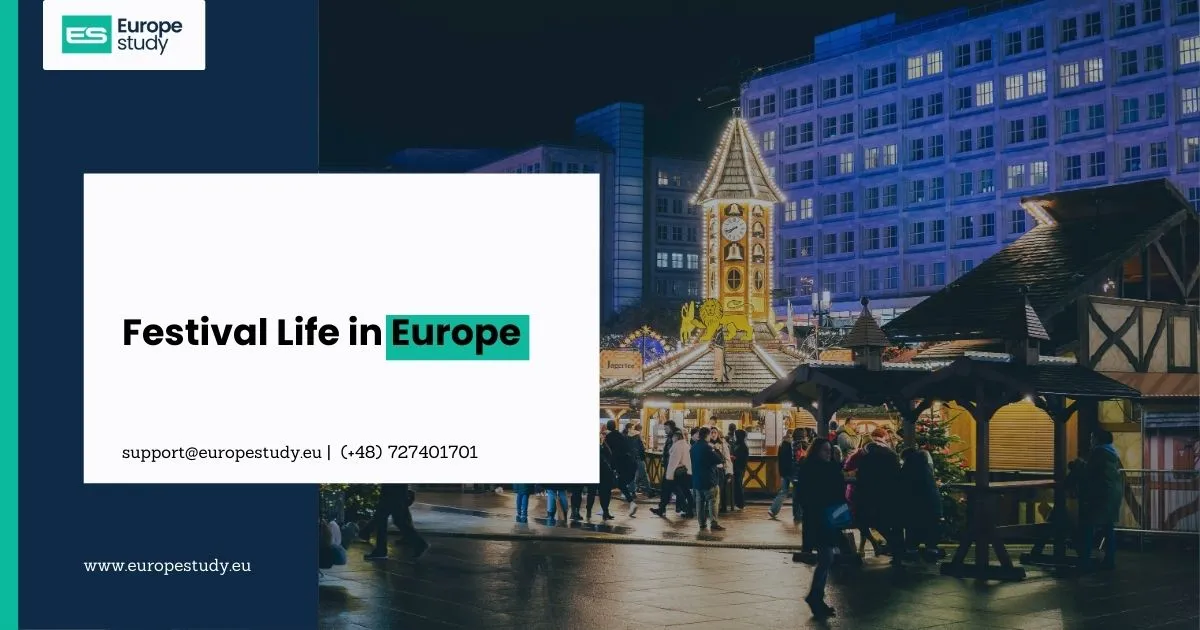
EU Suspends Visa Exemption for Georgian Diplomats and Officials in Response to Controversial Legislation
Key Points:
- The European Union has decided to suspend visa exemptions for Georgian diplomats and officials.
- Starting from the effective date of the new rules, Georgian diplomats will be required to apply for visas to enter EU countries.
- Affected individuals will no longer benefit from streamlined application processes, lower fees, or fewer documentation requirements.
The Council of the European Union has confirmed a significant decision to partially suspend the EU-Georgia visa facilitation agreement, directly impacting Georgian diplomats and officials. This move comes as a response to recent legislative actions in Georgia that have raised concerns within the EU regarding the country’s commitment to democratic values and human rights.
The decision, approved on January 27, 2025, follows a proposal from the European Commission and will result in Georgian diplomats and officials losing their visa-free access to the Schengen Area. Instead, they will be required to undergo standard visa application procedures once the new regulations are implemented.
Key Changes for Affected Georgian Nationals
Under the partial suspension, Georgian diplomats and officials will face several important changes:
- Visa Application Process: These individuals will no longer benefit from expedited visa processing times. They will be subject to the same processing times as other non-EU nationals.
- Visa Fees: The usual Schengen visa fee will apply to Georgian diplomats and officials, removing the previously reduced rate.
- Supporting Documents: They may also be required to submit additional documentation, a change from the prior facilitation where fewer supporting documents were needed.
This decision impacts several key groups of Georgian nationals:
- Members of official Georgian delegations attending EU-hosted intergovernmental meetings.
- Government officials, including members of Georgia's national and regional parliaments, as well as judges from the country’s Constitutional and Supreme Courts.
- Holders of Georgian diplomatic passports.
However, Georgian nationals with ordinary passports will not be affected by this change and will continue to benefit from the visa exemption for short stays in the Schengen Area.
EU’s Concerns Over Recent Legislation in Georgia
The European Union’s decision to suspend these privileges stems from growing concerns over recent legislative actions in Georgia. Specifically, the EU has criticized the country’s adoption of a law aimed at increasing transparency regarding foreign influence, as well as a legislative package addressing family values and the protection of minors.
EU officials argue that these laws undermine fundamental human rights and democratic principles, which are essential for any country aspiring to integrate with the EU. According to Polish Minister of the Interior and Administration Tomasz Siemoniak, “Officials representing a country that disregards these values should not have easier access to the EU.”
The EU Council's decision emphasizes that these recent developments in Georgia violate the core principles that the visa facilitation agreement was based on, prompting the suspension of the visa exemption for officials.
Looking Ahead
The suspension of visa exemptions for Georgian diplomats and officials serves as a reminder of the EU’s commitment to upholding its democratic and human rights standards, especially in its relations with neighboring countries. It remains to be seen whether Georgia will alter its policies in response to the EU’s decision or if further actions will be taken. For now, Georgian diplomats and officials will need to adjust to the new visa application requirements for future travel to the European Union.





